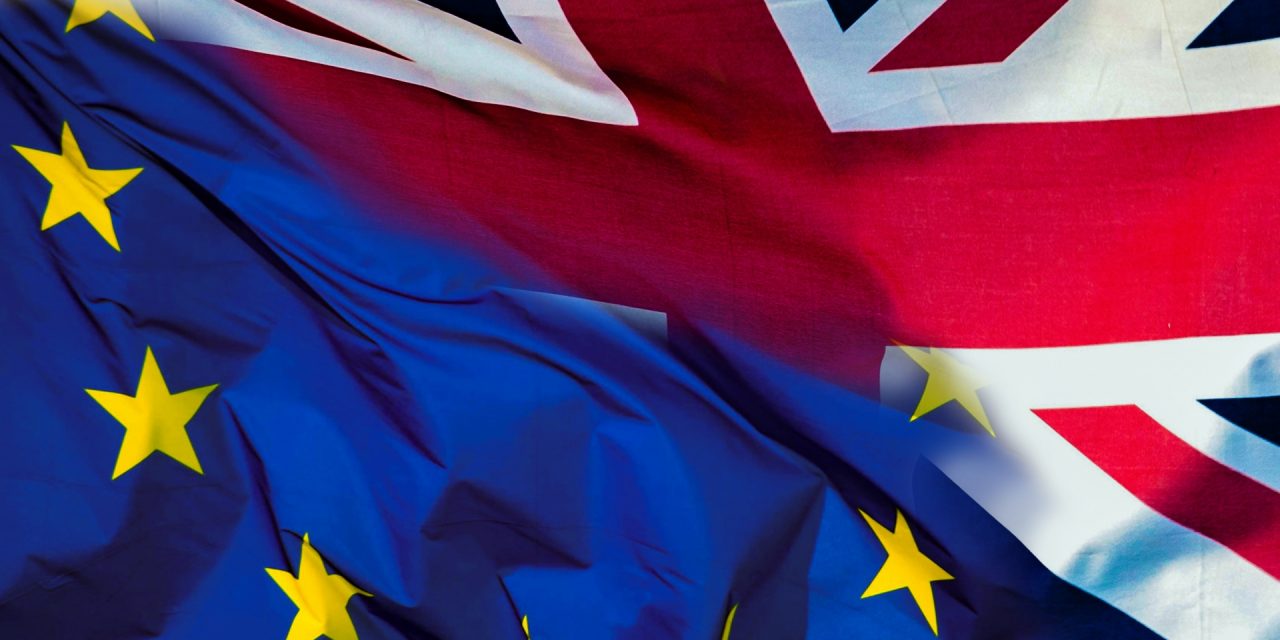A post-Brexit analysis on the economics of the United Kingdom
Following the vote in favour of Brexit last June, it is clear that the United Kingdom is now undergoing the process of leaving the EU, but, what effect will this have on the economy, and how dependent is Britain on a post-Brexit deal regarding terms of future economic success?
The UK economy has always been heavily reliant on trade with the continent – in 2016, 44% of the UK’s exports went to other countries in the EU. It is, by far our largest trading partner. Of the £550 billion in British Exports, £240 billion went to the European Union. So, what does Brexit mean for this relationship? Well, it is entirely dependent on the deal that can be struck between the British government and the European Union, and as such, the importance of this deal should not be underestimated.
If the UK ended up in a situation in which it walked away from the negotiating table with the European Union, and had to resort to World Trade Organisation (WTO) trading standards and tariffs, the effect, unlike some commentator’s views, would be substantial. Tariffs on select goods could reach 10% (on cars, for example), and the effect this would have on UK firms, for whom operating margins would be greatly affected by these tariffs could result in job losses, relocation of investment (of multinational firms) and in turn, considerable suffering for our economy – and the lives of everyday people. No deal, whilst potentially something that could be accustomed to in the long-run, is a not a scenario that the UK should move into hastily.
So, with the prospect of a ‘no deal’ Brexit indicating clear economic suffering, let’s go back to, ‘the deal’. Within any negotiations that take place, an industry of key importance (and one that may hold the balance of power over the future of the British economy) is the financial services industry. 12% of the country’s GDP comes from this industry, and a heavy blow to its capacity would have a seriously damaging effect on the national economy. From a Smithian perspective, one can regard Financial Services as being the UK’s truly competitive industry, in which we are the global leaders and London, is for now, the world financial capital. If the UK economy is to prosper after Brexit, the protection of this industry is essential. With Paris, Frankfurt and Dublin all looking to profit from London’s losses in this field, and with many recent announcements from major firms indicating staff movements, the British government has a duty to keep this on the agenda, and in any deal that is signed, to try and secure the best situation possible for this industry – the economy simply can’t afford to let it go.
A vital aspect of any Brexit deal will be the level of access Britain retains with the single market. Now, clearly, retaining full and unrestricted access is highly unlikely, with the EU making it clear that there is no single market without free movement of people (something it would seem much of the British electorate regarded as a key reason for leaving the EU). However, there is the potential that the UK could negotiate a deal giving it a ‘special status’, meaning that it has a considerable level of rights for trading within the single market, with minimal restrictions (as a result of not having freedom of movement) which would certainly be beneficial to the UK economy, and would mean that, hopefully, excessive tariffs would not be placed on UK goods and services, and many UK businesses would retain the ability to easily conduct affairs across the EU. Whilst this would be the ideal scenario from an economic perspective, the political implications are must not be disregarded. To negotiate such a deal would be difficult – it is evident that the EU holds the upper hand in these negotiations, and that many concessions will have to be made from the UK to achieve a result like this (even with the considerable amount of EU goods bought by the UK) – the paying of a divorce bill (the price tag of which, is another matter) would be inevitable to achieve this situation, however, it should be kept in mind, that from an economic standing, this is likely the best outcome for the United Kingdom – a best of both worlds, in which Britain reaps the benefits of having greater trading flexibility with emerging markets, allowing expansion into new opportunities whilst retaining a strong, healthy and amicable trading relationship with its key partners in the EU. The short-term concessions of this situation may be far outweighed by the long-term gains – if Theresa May ever wanted to make ‘a success out of Brexit’, this would be the way forward.
A note to bear in mind for the British government throughout the negotiations would be this; there are multiple paths for the future of the British economy, and these are, without a doubt heavily dependent on the Brexit deal that is negotiated over the next 2 years. Whilst responsible fiscal and monetary policy (as has been put in place by the Conservatives in recent years) will remain essential to keeping the UK economy strong, the importance of this deal cannot be underestimated. It is the difference between Britain becoming a backwater nation, a shadow of its former economic and political prowess, as a result of a deal (or no deal) that crippled our economy or, this nation retaining her status as Great Britain, creating new opportunities outside the European Union in growing emerging markets, but also retaining the excellent trading relationships we hold at the moment. The long term prosperity of the UK and her people lay in the balance, and the next government must remember this in all its work.
Sources: https://fullfact.org/europe/uk-eu-trade/ http://economia.icaew.com/en/opinion/march-2017/how-brexit-will-impact-the-uk-financialsector






Hmm it appears like your blog ate my first comment (it was super long) so I guess I’ll just sum it up what I wrote and say, I’m thoroughly enjoying your blog. I too am an aspiring blog writer but I’m still new to the whole thing. Do you have any points for rookie blog writers? I’d really appreciate it.